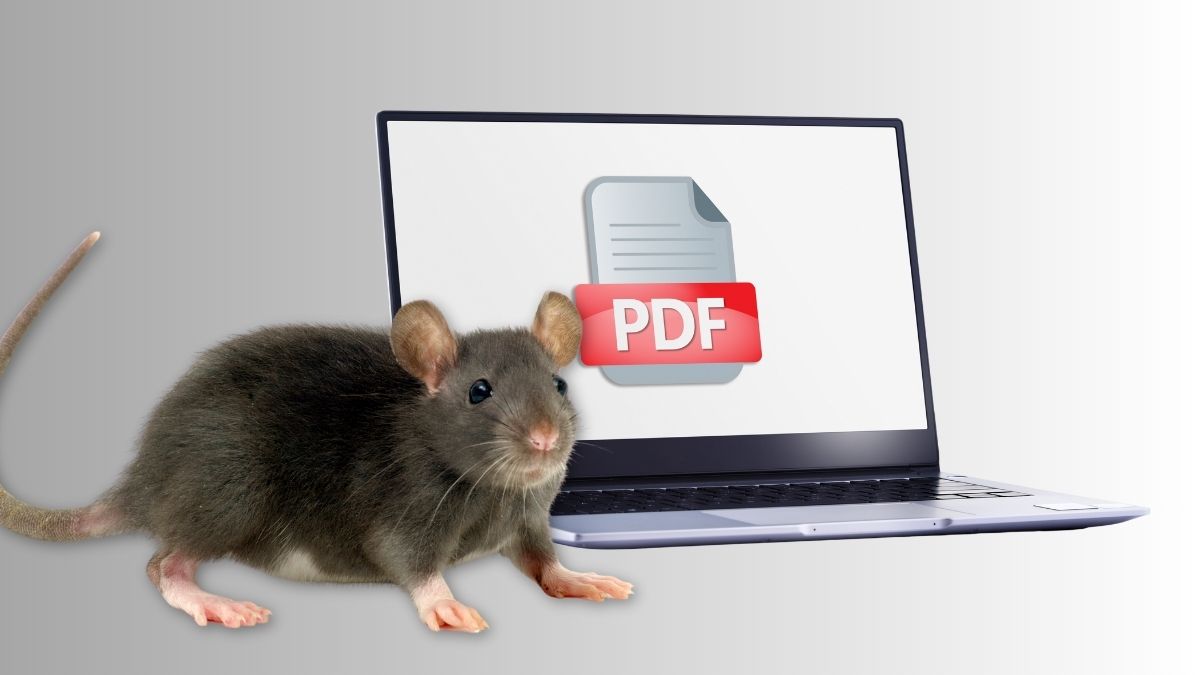Last week on Malwarebytes Labs, we analysed the Android xHelper trojan, we wondered why the Nextdoor app would send out letters on behalf of their customers, reported about a study that explores the clickjacking problem across top Alexa-ranked websites, wondered how to get the board to invest in higher education cybersecurity, and shared our view on the discovery of unprecedented new iPhone malware.
Other cybersecurity news
- Malware was discovered in a Google Play listed PDF-maker app that had over 100 million downloads. (Source: Techspot)
- Insurance companies are fueling a rise in ransomware attacks by telling their customers to take the easy way to solve their problems. (Source: Pro Publica)
- Hackers are actively trying to steal passwords from two widely used VPNs using unfixed vulnerabilities. (Source: ArsTechnica)
- A new variant of the Asruex Backdoor targets vulnerabilities that were discovered more than six years ago in Adobe Acrobat, Adobe Reader, and Microsoft Office software. (Source: DarkReading)
- In a first-ever crime committed from space, a NASA astronaut has been accused of accessing mails and bank accounts of her estranged spouse while aboard the International Space Station (ISS). (Source: TechWorm)
- Command and control (C2) servers for the Emotet botnet appear to have resumed activity and deliver binaries once more. (Source: BleepingComputer)
- A security researcher has found a critical vulnerability in the blockchain-based voting system Russian officials plan to use next month for the 2019 Moscow City Duma election. (Source: ZDNet)
- The French National Gendarmerie announced the successful takedown of the wide-spread RETADUP botnet, remotely disinfecting more than 850,000 computers worldwide. (Source: The Hacker News)
- The developers behind TrickBot have modified the banking trojan to target customers of major mobile carriers, researchers have reported. (Source: SCMagazine)
- A coin-mining malware infection previously only seen on Arm-powered IoT devices has made the jump to Intel systems. (Source: The Register)
Stay safe!










